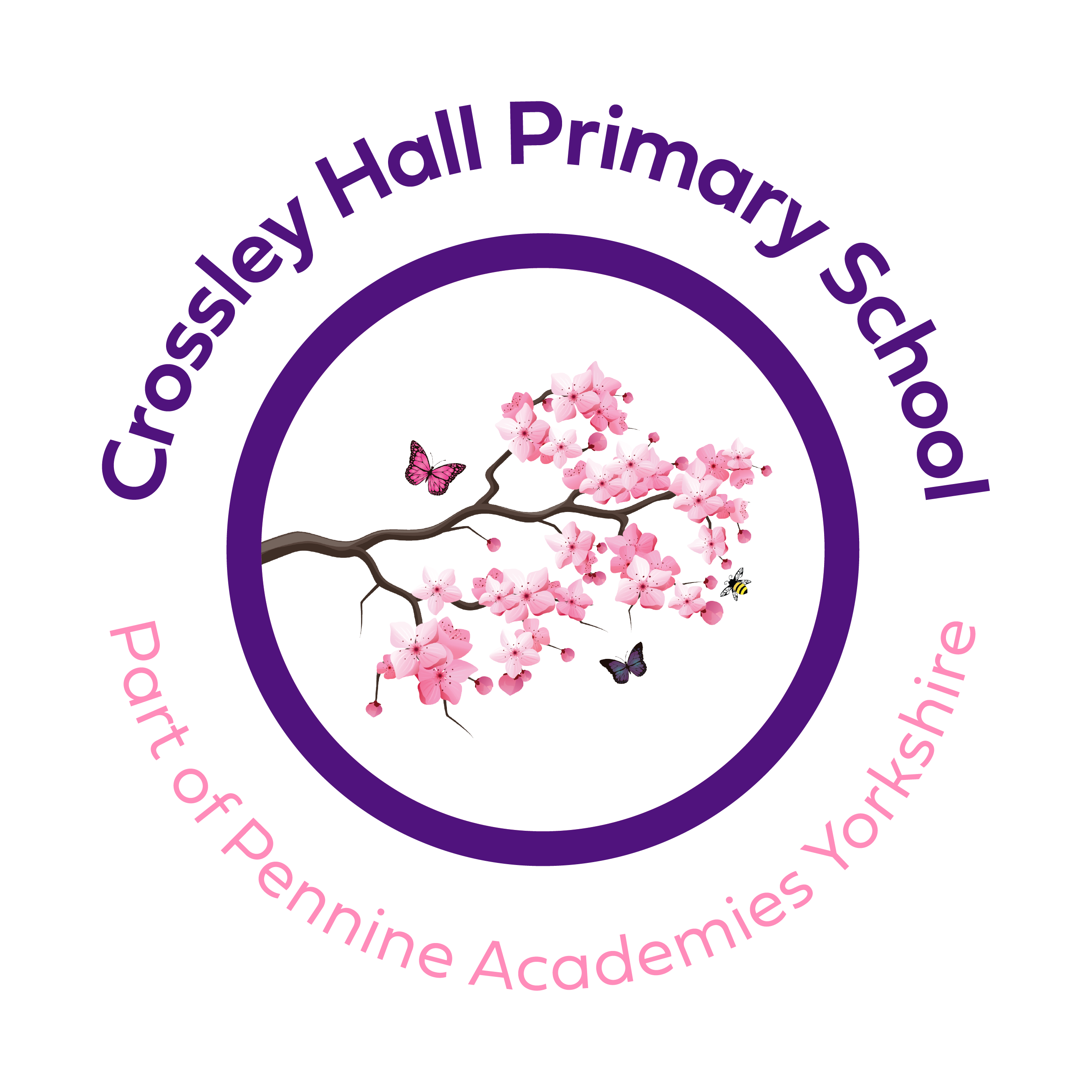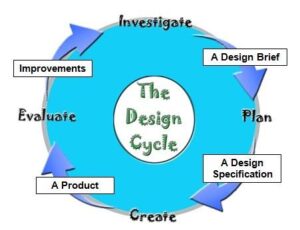Design and Technology
As a values-led school, our curriculum is underpinned by promoting inclusion, happiness and raising aspirations. It is through these values that we develop the whole child. We believe that the skills we equip our children with will enable them to go into the world as curious, independent thinkers who are able to design, create and evaluate products that will help develop their understanding of the world.
DT Subject Intent
It is our intent that children will learn to create, imagine and design products that solve real and relevant problems within a variety of contexts, considering their own and others’ needs, wants and values. It is intended for children to acquire a broad range of subject knowledge and draw upon disciplines such as mathematics, science, engineering, computing and art. The subject will help sculpt children to become resourceful, innovative and enterprising which in turn will contribute to the wider culture, wealth and well being of the nation.
Key features of our DT curriculum:
- Design technology is split into three key areas, Cooking and Nutrition, Textiles, Mechanisms, structures and electrical components.
- The subject is taught in a four-stage cycle; 1. Research, 2. Design, 3. Make and 4. Evaluate.
- Exposing children to a broad range of skills that they can apply into lots of other aspects of their day to day life,
- DT to be a foundation upon which children are able to build and apply a repertoire of knowledge, understanding and skills in order to make high quality products for a range of different uses.
- To critique, evaluate and test ideas and products that serve the needs of others.
Organisation of teaching and learning
- Early Years – continuous
- KS1 –
- KS2 –
Planning
We plan using the four stage review cycle to help structure each unit.
- Long term plans outline the units to be covered in each term, during each Key Stage.
- MTP to ensure learning is maximised.
- Teaching reinforces key vocabulary relating to the topic as well as recapping vocabulary that children have learnt in previous years. Vocabulary document coming soon!
Evidencing
DT is evidenced in Floor books. These follow a structure which indicate:
- What do children already know about the topic?
- What would children like to know about the topic?
- What have they learned?
- What key bit of information do children remember?
Resources
- Central resources are stored in the DT cupboard
- Induvial year groups can request specific resources which will be taken from the DT budget.
- DT is a practical subject; teachers plan to deliver; engaging, practical lessons.
- Children are given the opportunity to develop independent research skills in DT. Each class has access to a class-set of Chromebooks.
Monitoring Procedures
Quality of teaching and learning of RE at Crossley Hall Primary School is monitored by:
- Conducting a planning scrutiny (termly)
- Pupil Voice Survey (half-termly)
- Lesson observations take place in all classes throughout the year.
The subject leader is responsible for monitoring attainment and progress, the outcomes of which are fed back to staff at an appropriate time.
DT LTP for All Year Groups.docx
DT Progression Vocabulary Doc EYFS- Yr6.docx









